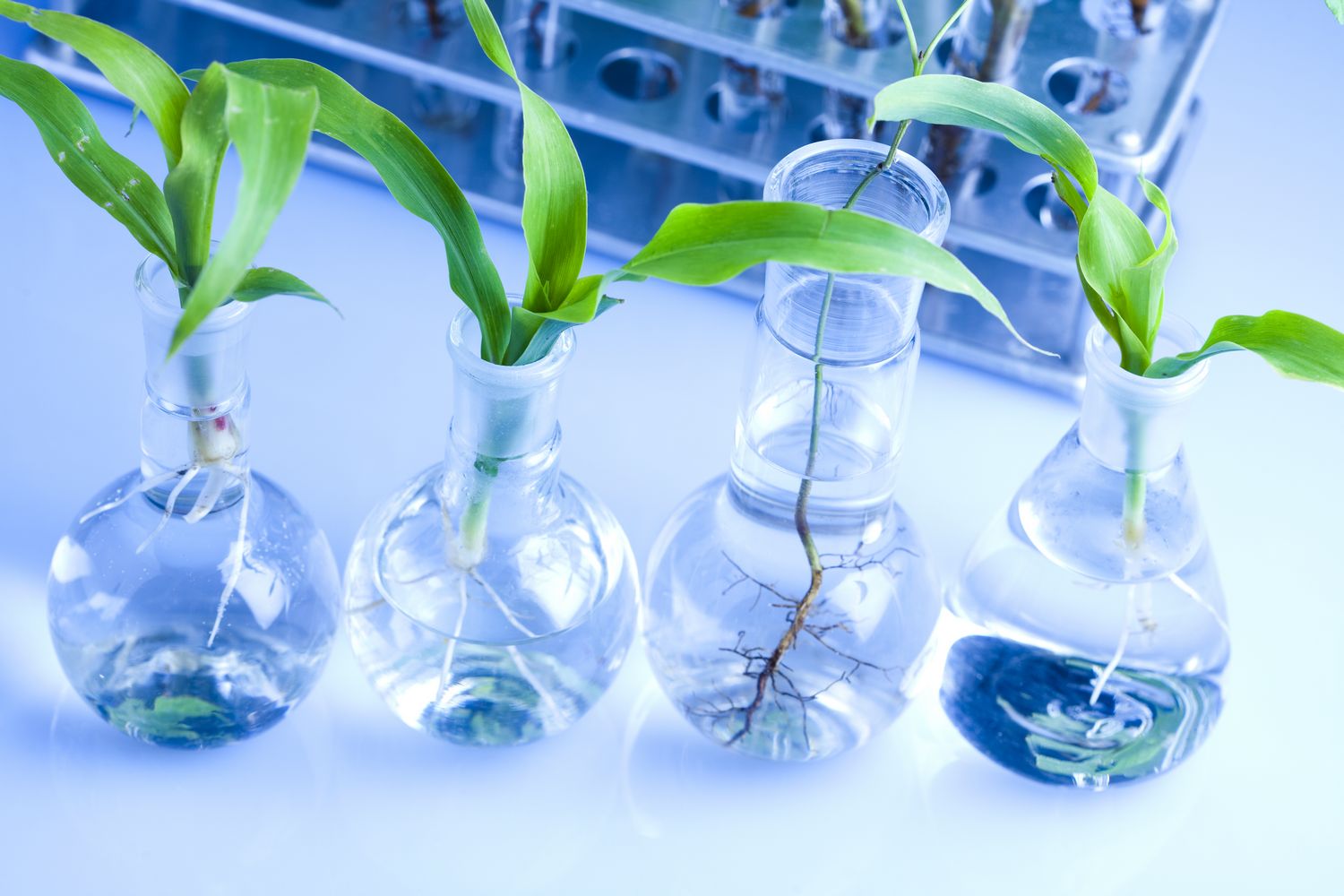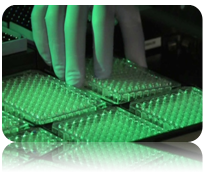 A full ban of animal testing for cosmetics came into force on the 11th of March 2013 in the European Union. Since this date, cosmetic ingredients tested on animals cannot be marketed within the EU. Based on the Seventh Amendment of the Cosmetics Directive (Council Directive 76/768/EEC), animal testing was already prohibited since 2004 for cosmetic products and since 2009 for cosmetic ingredients. For the most complex human health effects (repeated-dose toxicity including skin sensitisation and carcinogenicity, reproductive toxicity and toxicokinetics) the deadline for the testing ban was extended to March 2013.
A full ban of animal testing for cosmetics came into force on the 11th of March 2013 in the European Union. Since this date, cosmetic ingredients tested on animals cannot be marketed within the EU. Based on the Seventh Amendment of the Cosmetics Directive (Council Directive 76/768/EEC), animal testing was already prohibited since 2004 for cosmetic products and since 2009 for cosmetic ingredients. For the most complex human health effects (repeated-dose toxicity including skin sensitisation and carcinogenicity, reproductive toxicity and toxicokinetics) the deadline for the testing ban was extended to March 2013.
To overcome the lack of scientific knowledge needed to implement alternative safety testing solutions, the Health Theme of the Directorate General of Research and Innovation of the European Commission and Cosmetics Europe launched the Research Initiative "Towards the replacement ofin vivo repeated dose systemic toxicity testing".
Repeated dose systemic toxicity testing is not only relevant for the ingredients of cosmetic products. If successful, the results of this Research Initiative will have an impact on many other areas of application such as drug development, food production, and safety assessment of industrial chemicals, plant protection products and biocides.
In June 2009 the framework for this Research Initiative was created through a call for proposals under the Health Theme of the 7th European RTD Framework Programme (FP7): ”Alternative Testing Strategies: Towards the replacement of in vivo repeated dose systemic toxicity testing” with a total budget of EUR 50 million.
EUR 25 million funding are provided by the FP7 HEALTH theme and EUR 25 million by Cosmetics Europe.
 The SEURAT-1 Research Initiative is unique in several aspects:
The SEURAT-1 Research Initiative is unique in several aspects:
→ Joint funding by the European Commission and a specific industrial sector (cosmetics industry / Cosmetics Europe)
→ Coordinated cluster of RTD projects right from the start
→ Support through a data management and servicing project right from the start
The SEURAT-1 Research Initiative has started in January 2011 and even though the SEURAT-1 Research Initiative was initially motivated by the cosmetic industry, it is also relevant in the context of the European Union Regulation REACH (Registration, Evaluation, Authorization and Restriction of Chemicals), in the development of pharmaceuticals, and in other industrial sectors. SEURAT-1 is the first EU-funded project that addresses the issue of alternatives to animal testing for prediction of repeated dose systemic toxicity.
SEURAT-1 has been launched on 1 January 2011 as a cluster, composed of six complementary research projects:
→ SCR&Tox, “Stem Cells for Relevant Efficient Extended and Normalized Toxicology”
→ HeMiBio, “Hepatic Microfluidic Bioreactor”
→ DETECTIVE, “Detection of endpoints and biomarkers of repeated dose toxicity using in vitro systems”
→ COSMOS, “Integrated In Silico Models for the Prediction of Human Repeated Dose Toxicity of COSMetics to Optimise Safety”
→ NOTOX, “Predicting long-term toxic effects using computer models based onsystems characterization of organotypic cultures “
→ ToxBank, “Supporting Integrated Data Analysis and Servicing of Alternative Testing Methods in Toxicology”
And a coordination and support action:
→ COACH, “Coordination of projects on new approaches to replace current repeated dose systemic toxicity testing of cosmetics and chemicals”
These seven projects that constitute the SEURAT-1 initiative where selected through the call for proposals “FP7-HEALTH-2010-Alternative-Testing-Strategies” and receive funding support from the European Commission’s FP7 HEALTH Programme and from Cosmetics Europe.
The 4th Annual Meeting of SEURAT-1 took take place from 5 to 6 February 2014 in Barcelona, Spain. You can read the meeting's summary HERE.
